Hard-won yields of 2015 shed light on year ahead
Updated: 2015-12-31 07:38
(China Daily)
|
||||||||
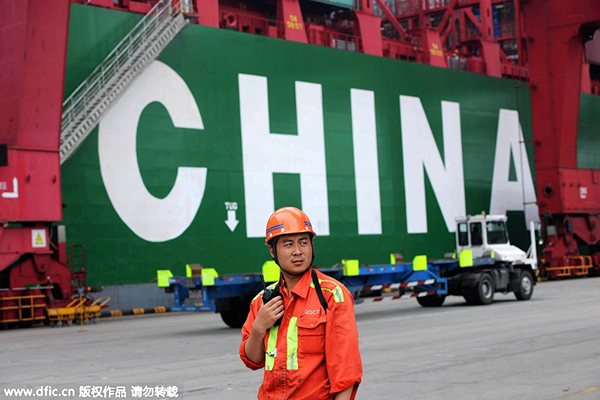 |
|
A stevedore works at Qingdao port in Shandong province, July 1, 2015. [Photo/IC] |
Compared to the gloomy global picture, 2015 has not been too bad for China:
Even with the obvious slowdown, China's economy remains one of the fastest-growing worldwide.
Despite strenuous United States resistance, the Asian Infrastructure Investment Bank made an impressive start, attracting nearly 60 founding members, some of the former's closest allies included.
With a series of supporting moves, the Belt and Road Initiative is gaining traction among potential stakeholders.
The International Monetary Fund admitted the Chinese renminbi into its Special Drawing Rights basket of currencies, and after a dramatic increase in the country's United Nations membership dues, China is more deeply involved in global governance.
On the home front, leaders on both sides of the Taiwan Straits met for the first time in 66 years, reaffirming a shared commitment to peace and opening the door for future interactions at the highest level.
The decades-old family planning regime, an "essential State policy", took an abrupt turn near the end of the year, leaving millions of child-bearing age couples considering whether or not to have a second child.
Not to mention that the authorities have plenty of statistical fodder to fuel optimism. However, nothing should blind us to the worrisome other side of the coin.
The fatal New Year's Eve stampede in Shanghai, the August warehouse explosion in Tianjin, and the recent landslide in Shenzhen are bloody reminders of some of the inadequacies of public administration even in the country's most developed metropolises.
And though at home, many of the signs of the new normal are being seen as indications of the transition to a new growth model, factory closures and consecutive slides in exports, along with the toxic smog that smothers the country's main industrial belt present grim evidence that the manufacturing sector still needs upgrading.
Meanwhile, troubles in the East and South China seas have turned out to be substantial distractions for development-minded China, pressing the leadership to display diplomatic sophistication.
Both President Xi Jinping and Premier Li Keqiang traveled extensively in 2015, demonstrating Chinese opportunities and extending goodwill. Yet peacemaking is likely to prove even more challenging next year, especially when it comes to the maritime disputes.
The year 2016 will put to test not only the pledges of economic transformation, but also the capabilities of the leadership to build trust, as tensions in the immediate neighborhood have to be reduced, and meaningless confrontation avoided.
- The world economy's labor pains
- Efforts to promote Blue Economy
- China's economy in 'new normal' continues to power global growth
- China focuses on innovation to boost economy amid global innovation trend
- What's next for China's Internet economy?
- China strengthens ties despite economy
- China to help lift nation's economy
- US-led air strikes kill IS leaders linked to Paris attacks
- DPRK senior party official Kim Yang Gon killed in car accident
- Former Israeli PM Olmert's jail term cut, cleared of main charge
- Japan, S. Korea reach deal on 'comfort women'
- More than 70 killed in Nigeria bombings, suicide attacks
- Argentina issues orange alert for heat wave
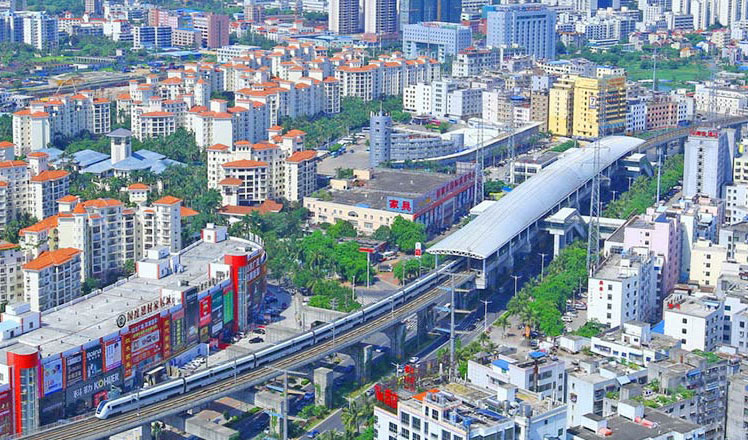
 World's first high-speed train line circling an island opens in Hainan
World's first high-speed train line circling an island opens in Hainan
 'Internet Plus' changes people's lifestyles in China
'Internet Plus' changes people's lifestyles in China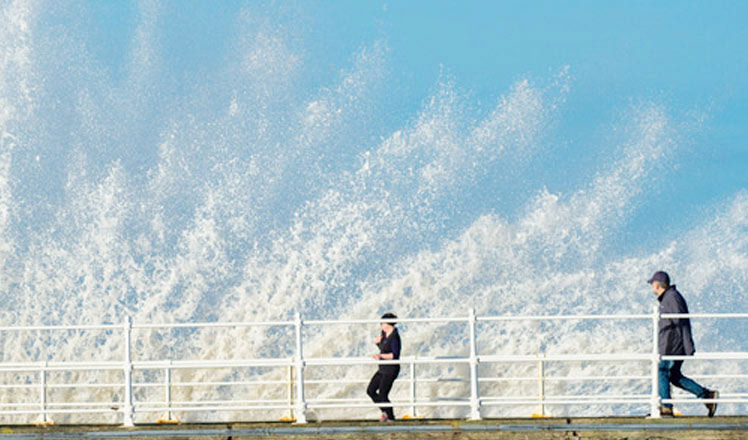
 Rough waters on the sea front of West Wales
Rough waters on the sea front of West Wales
 Beijng Zoo wholesale market to be relocated by 2016
Beijng Zoo wholesale market to be relocated by 2016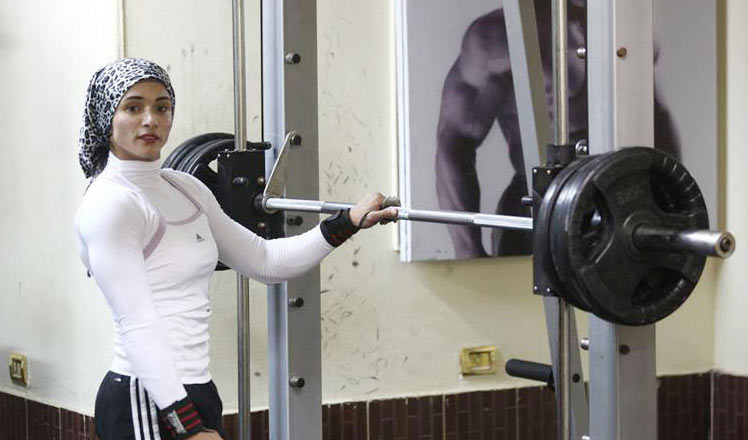
 Iron woman: first female body builder in Egypt
Iron woman: first female body builder in Egypt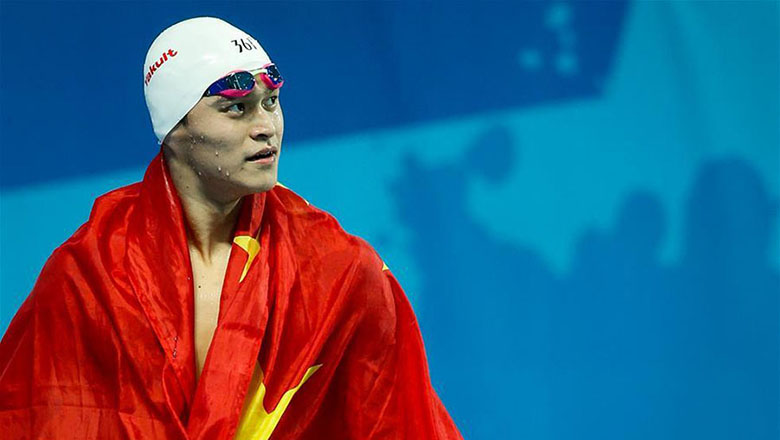
 Yearender: Chinese athletes of year
Yearender: Chinese athletes of year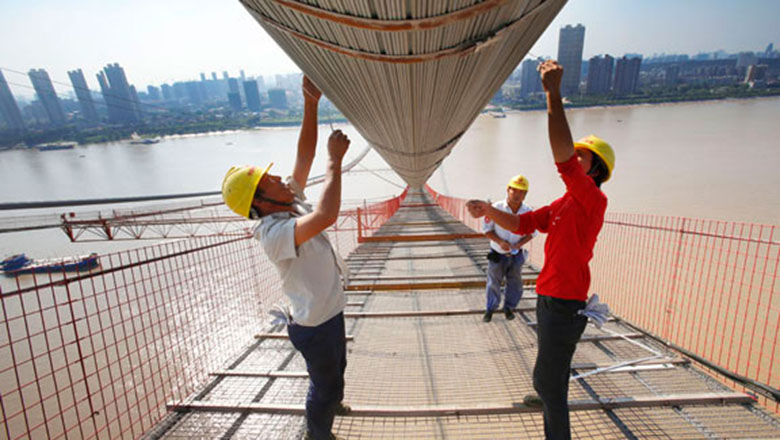
 Yearender: Key words from popular China news stories in 2015
Yearender: Key words from popular China news stories in 2015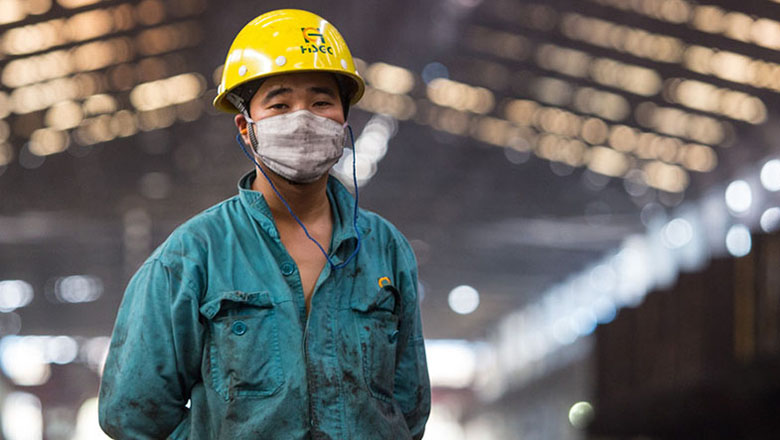
 Hangzhou shuts steel plant to improve air quality
Hangzhou shuts steel plant to improve air quality
Most Viewed
Editor's Picks

|

|

|

|

|

|
Today's Top News
Shooting rampage at US social services agency leaves 14 dead
Chinese bargain hunters are changing the retail game
Chinese president arrives in Turkey for G20 summit
Islamic State claims responsibility for Paris attacks
Obama, Netanyahu at White House seek to mend US-Israel ties
China, not Canada, is top US trade partner
Tu first Chinese to win Nobel Prize in Medicine
Huntsman says Sino-US relationship needs common goals
US Weekly

|

|








